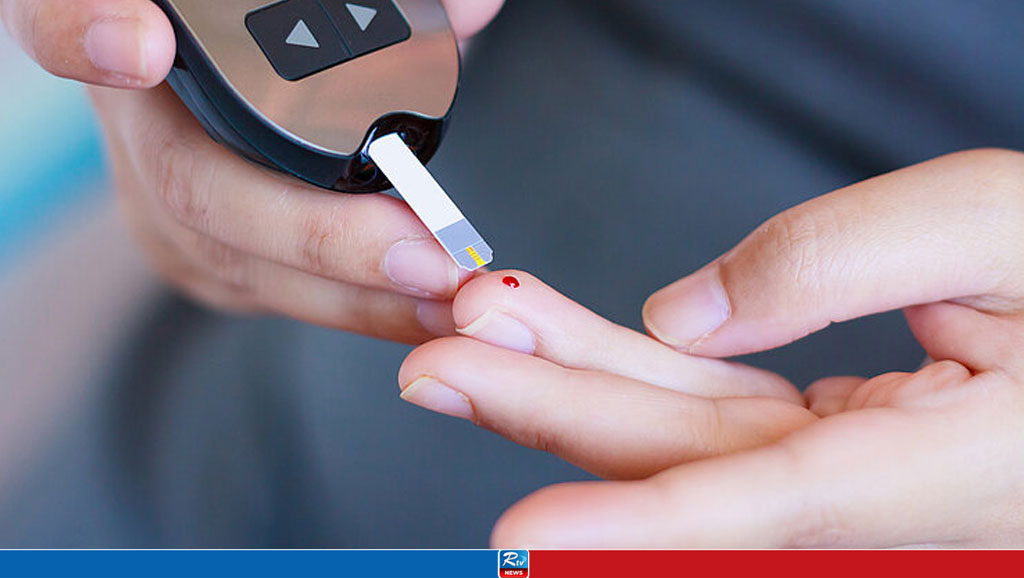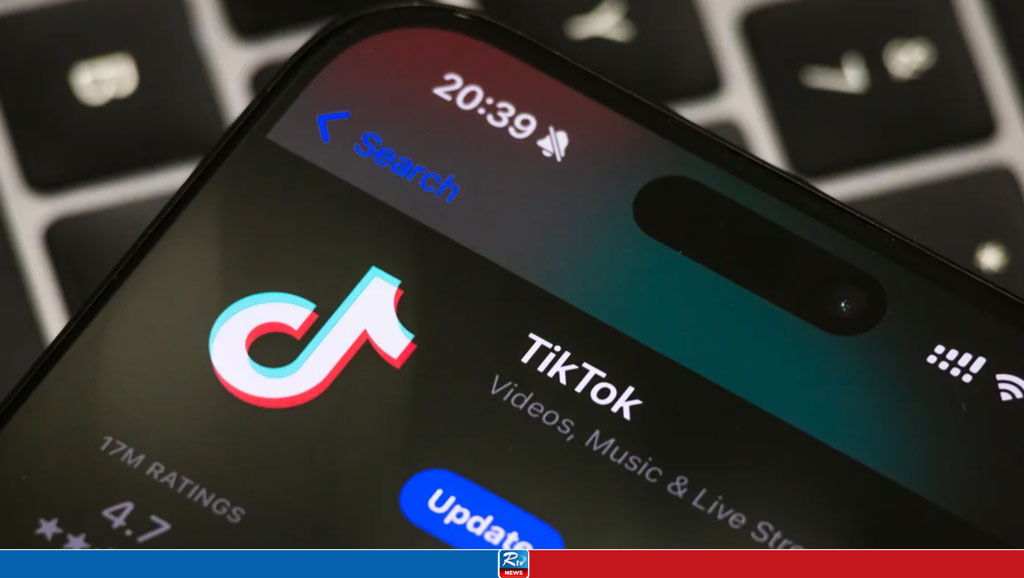Social media addiction: How can we avoid it?

Users are spending more time online. Among children, social media consumption has skyrocketed compared to pre-pandemic levels. In the US, tech giants are on trial for endangering minors with addictive platforms.
Oh why not, just one more post. Not that good? Well then how about the next one? That content will surely be more interesting.
Anyone who's been on X, formerly Twitter, Facebook, Instagram or TikTok knows the feeling: Before we realize it, "a quick peek" can easily become an hour or two of doom scrolling. Social media is everywhere. We can access it through our phones, on our computers, at work, or during our free time. We use it to chat, to post, to stay up-to-date, to follow the latest gosssip, to hear what others have to say.
But social media has its dark sides. The number of people consuming excessive amounts of social media content is rising. Over 6% of Germany's youth, or about 600,000 girls and boys, are addicted to social media and gaming. That's according to a study by German health insurer DAK and the University Medical Center Hamburg-Eppendorf (UKE), published this spring. It found that over two million minors used social media or streaming platforms in ways it labeled, "problematic." Accordingly, the amount of time children and young adults spend in front of a screen has risen sharply compared to pre-pandemic levels, up to about two hours and 45 minutes a day on social media alone.
Helpful or harmful?
So are social media just another dangerous contraption? "At the very least, their role is ambivalent," said Tobias Dienlin, assistant professor for interactive communication at the University of Vienna in Austria. "There is a lot of trivial content, but some of it can also be beneficial."
The expert added: "You can use social media in many different ways. You can passively consume content, or you can actively engage with social media to communicate and maintain relationships."
As long as this happens in moderation, everything is fine, he said. Things only become problematic, he cautioned, when users start excessively frequenting social media sites.
To date, there is no precise medical definition of social media addiction. "But just because a diagnosis doesn't exist, doesn't mean the phenomenon doesn't exist," said Dienlin. The media expert explained that excessive social media consumption became an addiction when users weren't able to get around to other important things in their lives, when they had the desire to use social media less but found themselves unable to think about anything else, and when they started neglecting real-life social relationships.
Attractive algorithms
Most social media platforms exploit peoples' neurological hardwiring by offering a system of short-term rewards. Likes and emojis provide positive reinforcement, and any unpleasant content can easily be swiped away.
"Introducing the possibility to scroll endlessly has meant that users never finish browsing. There's always new content to see," Dienlin said. "Of course that's extremely addictive, because it means users have to actively disengage from their screens. When I finish reading a book, then I'm done. All television shows come to an end. But that's not the case online."
What's more, many social media platforms run on algorithms designed to tailor the content we see to our personal preferences. This makes it even harder to control how much we consume.
Those who struggle in other areas of their lives are particularly vulnerable to media addiction. "People who already have weak impulse control, or who struggle to organize their daily lives, have an even harder time with social media," Dienlin said.
Escapism and echo chambers
To people who are lonely, or depressed, consuming excessive amounts of social media can also be a welcome escape from reality.
"In these cases, it helps us regulate our mood and exit uncomfortable situations," the expert explained. "If I'm feeling bored, or overwhelmed, or if I'm feeling ashamed and guilty, and then I reach for my phone and open social media, it's all gone. In an instant."
On the other hand, excessive social media consumption can also worsen existing psychological conditions, such as depression or eating disorders. This can happen when users seek out certain harmful content, which algorithms then learn to present more frequently in accordance with the users' stated preferences.
US class action again big tech
In the United States, hundreds of families have now joined a class action lawsuit against four of the world's largest tech firms. They blame Facebook operator Meta, Chinese TikTok operator ByteDance, Google and YouTube operator Alphabet, and Snapchat operator Snap for not only disregarding the risk of children becoming addicted to social media, but also actively promoting it.
Several school districts have also filed suit. Among other things, the plaintiffs claim companies have insufficiently enforced parental controls and age-verification systems, and made it unnecessarily difficult to delete social media accounts.
It was long unclear if the lawsuit would proceed, as the defendants denied all accusations, brushing them off as unsubstantiated. But in mid-November, a US district court judge rejected the social media giants' bid to throw out the case.
But how meaningful might the case be? Dienlin is unsure: "A lawsuit like this attracts a lot of attention. The way I see it, it's not irrelevant to point these things out. But, as is so often the case, there are two sides to the story. If providers want to make their services more attractive, which any profit-oriented business aims to do, then they of course automatically raise the potential risk for addiction. But users can't deny their responsibility. We have to do both: optimize technology, and also train and help users."
The EU has meanwhile launched investigations into YouTube and TikTok, too, on suspicion of violations against child protection regulations.
Strategies to prevent addiction
Above all, the expert recommended users remain vigilant about their own social media habits, as well as those of their children. "It's good to discuss it as a family, and to practice abstinence, without immediately resorting to thinking that all social media is absolute hogwash."
He also recommended restricting time spent on social media, and physically putting phones aside occassionally. It's important for users to rediscover alternatives to their smartphones, too. Dienlin suggested physical activity, pursuing a hobby, meeting friends, or volunteering.
"It would be wrong to assume that social media networks are to blame for us feeling down. Oftentimes, being glued to one's phone is indicative of a wider problem. But it can cause more problems," he explained. Even just realizing this, he said, could be the first step out of social media addiction.
Comments
New Year's Food Traditions Around the World

There's No Need to Shower Every Day – Here's Why

5 Superfoods That Prevent Kidney Damage

Diabetes, Here's What Happens to Body If You Skip Breakfast

Foods That Relieve Cold, Cough, and Flu Symptoms

Skin-Whitening Creams Can Cause Kidney Problems

Bodybuilders Defying Feminine Norms in South India


 Live Tv
Live Tv




